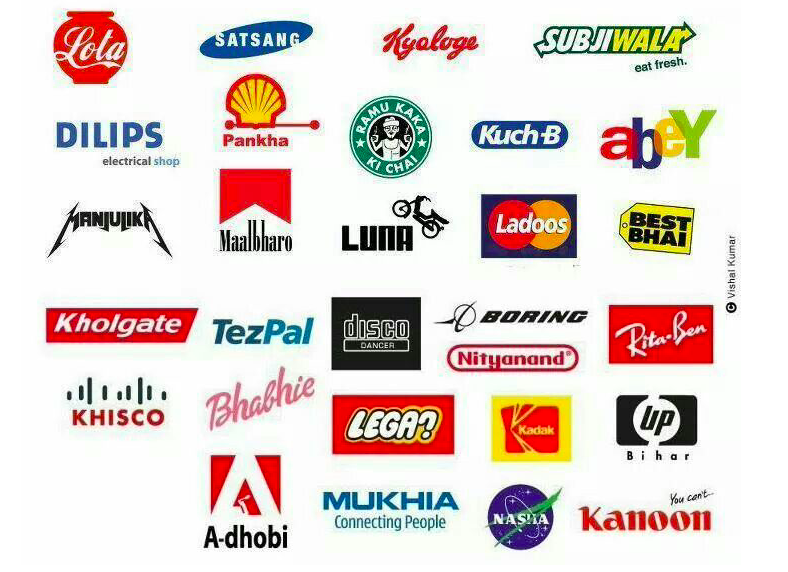Back in December 2022, it appeared like China might upset the Americans and wrest control of the semiconductor (also called chips) business. But as things are, it appears the Americans have regained the lead. Chips power practically everything in modern electronics and both countries would go to war to control them. These chips, which are now thought of as a resource like oil, are manufactured mainly in Taiwan.
While geographically Taiwan is closer to China than the US and a Chinese takeover had appeared imminent, the Americans were swift to move their men and machines into place to resist any such move. American allies like South Korea and Japan too were kept in the loop. This jostling for control is so that Taiwan Semiconductor Manufacturing Company (TSMC) stays unfettered.
President Joe Biden also reached out to the Dutch government says Chris Miller, author of Chip Wars: The World’s Most Critical Technology. The Netherlands is home to Advanced Semiconductor Materials Lithography (ASML) and is the only company in the world that has the tools and technologies to create the latest semiconductors. The Americans wanted to prevail upon the Dutch to stop supplying these to the Chinese and eventually had their way.
While this ‘blockading’ is one of China’s current problems and explains the current worldwide chip shortage, it is a harbinger as well as a pointer to what can go wrong with India’s current ‘Make in India’ policy that hinges on an ambitious $300 billion electronics manufacturing goal. But it does not explicitly focus on critical technologies or supply chains.
Take telecom, where there are global concerns about security stemming from China’s dominance, especially as the world moves toward 5G. In India, telecom is one of six identified “critical infrastructure” sectors. Healthcare was added recently after the devastating 2022 cyberattacks on AIIMS and other hospitals.
A ‘national security directive’ was issued after June 2021 by telcos that only “trusted equipment” and “trusted products” be used. This certification process is so complex that even two years later, there are few products that fit the bill. For instance, the process insists on a list of the actual manufacturing address for every active component (like chips). It’s practically impossible to comply with this requirement. “How will a vendor to a telecom company know which specific plant did Intel or for that matter any other manufacturer manufacture a certain component in?” asks a technology consultant at a firm hired by the government of India to review protocols in critical sectors.
On top of that, only interim “trusted product” certification is being given by the National Cyber Security Co-ordinator (NCSC), with instructions to change “supply chains” for components sourced from China —for which there may be no alternate suppliers. It’s clear that this directive is less about cybersecurity and more an attempt to reduce dependence on China for semiconductors. But this attempt has specifically not been backed by the ‘Make in India’ initiatives.
So, where does the problem lie? To begin with, despite a somewhat frosty relationship with China, trade with China has now ballooned to over $100 billion from $69 billion in 2021. What it means is more money is being spent to import from China, including critical electronics. This shows an increasing dependence on China no matter what the political rhetoric is.
The consultant who does not want to be named, then goes on to explain how the infrastructure to manufacture chips is created in globally spread-out ecosystems where teams collaborate and work 24/7. To highlight his point, he points out that when a modern chipmaker is at work on a chip design or software, a team in Bengaluru may hand over the same project at the end of the day’s shift to a team in Dublin or Tel Aviv. That team in turn may hand over to teams in Boston or Portland. It’s a complex effort and “arm-twisting companies to set up fabrication plants in India won’t work in the long run.”
His point is that China took the route to manufacture everything and now risks being seen as a global pariah, with the world desperately working on alternative supply chains. While the DoT-NCSC directive is well-intentioned and aims to protect the country’s security interests, it has underlying geopolitical aspirations as well. “We cannot afford to isolate ourselves and insist companies build everything here, when the world operates in a collaborative mode. Nor can we afford to count the domestic share of every product like software. Should we care exactly how many of the original lines of code for Windows were written in India for instance?”
This column was first published in Hindustan Times in March 2023. All copyrights vest with HT Media

